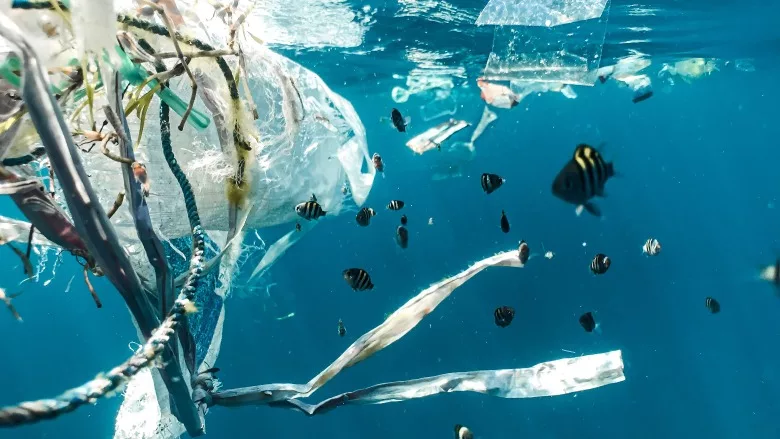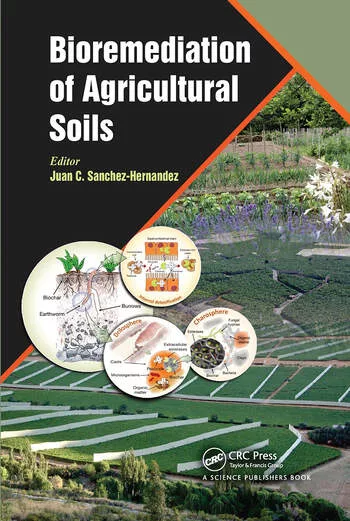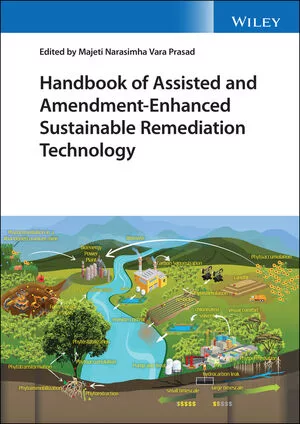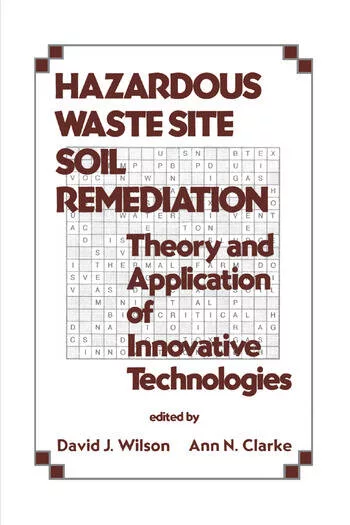Minderoo-Monaco Commission releases report on human, ocean health impacts of plastics
Plastics cause disease, impairment and premature mortality at every stage of their life cycle, disproportionately affecting vulnerable, low-income and minority communities.

The Minderoo-Monaco Commission on Plastics and Human Health, made up of leading researchers in healthcare, ocean science, and social science, recently released a report that quantifies the risks of plastic to all life on Earth. This is the first time that these fields have collaborated on a comprehensive analysis that shows how plastics are a hazard at every stage of their life cycle.
The report was led by scientists at the Minderoo Foundation, the Centre Scientifique de Monaco, Boston College. Researchers Mark Hahn and John Stegeman at the Woods Hole Oceanographic Institution (WHOI) were lead authors on a section that focused on the impacts of plastics on the ocean.
The Commission's key findings reveal that plastics cause disease, impairment and premature mortality at every stage of their life cycle, disproportionately affecting vulnerable, low-income and minority communities, especially children. Toxic chemicals added to plastics are known to increase the risk of miscarriage, obesity, cardiovascular disease and cancers. The report also notes that plastic waste is ubiquitous in the global environment, with microplastics occurring throughout the ocean and the marine food chain.
“It’s only been a little over 50 years since we’ve been aware of the presence of plastics throughout the ocean," says John Stegeman, a senior scientist the Department of Biology at WHOI. “The Minderoo-Monaco Commission’s work is a significant leap forward in connecting the broad health implications of plastics—to the ocean and to humanity.”
The Commission concluded that current plastic production, use and disposal patterns are not sustainable. Plastics account for an estimated 4 to 5% of all greenhouse gas emissions across their lifecycle, equivalent to emissions from Russia, making them a large-scale contributor to climate change.
The study also calculated the cost of health repercussions attributed to plastic production to be $250 billion in a 12-month period, which is more than the GDP of New Zealand or Finland in 2015. Health care costs associated with chemicals in plastics are estimated to be in the hundreds of billions of dollars. The research also noted that the ubiquity of fast food and discount stores in poorer communities increased exposure to plastic packaging, products, and associated chemicals and impacts.
Although plastics' potential harm to human health might be news to some, the oceanographic and marine biology communities have been acutely aware of its negative environmental impacts for decades. Despite this head start, the Commission's findings reveal a pressing need for better understanding and monitoring of the effects of plastics and plastic-associated chemicals on marine species. The authors also highlight a significant lack of knowledge concerning the concentrations of the smallest micro- and nano-plastic particles (MNPs) in the marine environment and their potential impacts on marine animals and ecosystems, from the coasts to the abyss.
“Plastic waste endangers the ocean ecosystems upon which all humanity depends for food, oxygen, livelihood, and well-being,” says Dr. Hervé Raps, Physician Delegate for Research at Centre Scientifique de Monaco. “Besides their intrinsic effects, plastics can also be a vector for potentially pathogenic microorganisms and other chemicals adsorbed from polluted water. And alongside the new findings of this report, linking toxic chemicals to human harms, this is not the time to slow down our understanding of impacts in the ocean.”
As a result of its findings, the Commission urged that a cap on global plastic production be a defining feature of the Global Plastics Treaty currently being negotiated at the UN. The Treaty should also focus beyond marine litter to address the impacts of plastics across their entire life cycle, including the many thousands of chemicals incorporated into plastics and the human health impacts. The Commission reports that many of plastics' harms can be avoided via better production practices, alternative design, less toxic chemicals and decreased consumption.
“Ocean health is intimately and intricately connected to human health,” concludes Mark Hahn, a senior scientist in the Department of Biology at WHOI. “Our attention now needs to be on creating a broadly acceptable international agreement that addresses the full life cycle of plastics in order to prioritize the health of the ocean that supports us all.”







